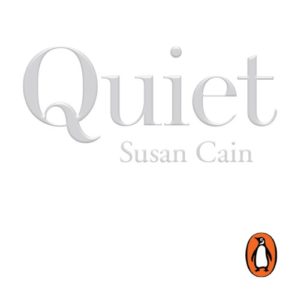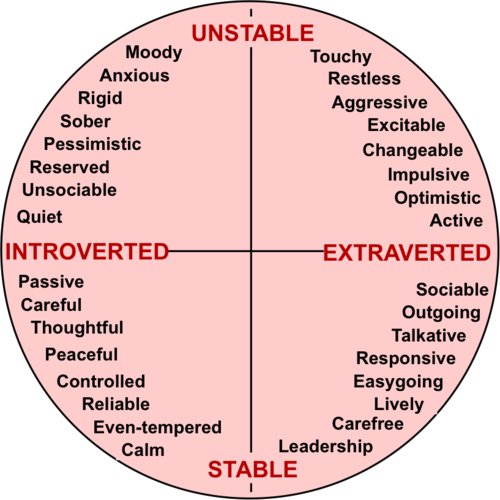
In every business across the world, employees are looking to their leaders for guidance, for advice and for the comfort of security in their world. Minds are wandering from inconvenience, through genuine worry and finally reaching panic. They are looking to those who keep them informed, inspired and safe every day, to guide them through whatever we are currently facing.
In every business across the world, leaders are looking for how best to guide, for the right advice and for the way to deliver security to their teams. Their minds are wandering too as they realise we don’t have all the answers. In fact, we have very few of the answers and seem to be getting mixed messages from all sources.
So how do you give good advice when you don’t have the answers?
First of all, it is OK to say, ‘I don’t know’. I am pretty sure your team know you are not a scientist. They are not looking for you to have an antidote for the virus. However, they are looking for an antidote to their own mental state. It sounds counter-intuitive, but when the most consistently informed person in the room says ‘I don’t know’ during a crisis, it actually gives comfort to those around them. As long as it is followed by the word ‘yet’. It tells people they are not crazy or stupid for being unsure or concerned. It also says, I am working to find out and give you the security you crave. I am still being the person I have always been for you. Trust me.
More likely you will feel you have some facts. It is important you think these through before imparting information. Ask yourself these questions:
Is it true?
Is it relevant?
Is it useful?

The urge to have some information for an ever-pressing audience of employees might push you towards giving them something, regardless of whether it has answered the questions above. Don’t. If you still don’t know the important stuff, don’t hypothesise or deliver irrelevances to fill an information vacuum. What you can do is to speak about past experiences of negative circumstance and unexpected challenges. The message that comes across is that you are still here. You have been through tough things before and survived. This gives comfort and confidence.
Many of you will have been working as managers or owners through the sudden downturn of the 2008 recession. Although not the same in terms of emotional reaction to a global pandemic, it was economically a huge blow and you survived. Referring to this with a calm and measured approach, will help your employees who are struggling now to feel there is light at the end of the tunnel and that you know the way out.
‘‘Worrying does not take away tomorrow’s troubles. It takes away today’s peace.’’ Randy Armstrong
The other thing people crave in a time of uncertainty is the need to feel they are doing something positive. To feel they are taking action, rather than awaiting their fate in stasis. Give people advice on what they should do now. Give them small projects with regular bursts of achievement available. Keep them close to the core activities of the business in order to feel useful.

If you do work in a business where the majority of your income is reactive, maybe it is time to give people a chance to be creative. Ask them to write, or design, or plan what the business will be doing in future. Ask them to embrace a different challenge. Keep them engaged within your working world in order to give them the positive feeling of action they require.
I don’t know what will happen over the next few months. I certainly can’t predict the economic circumstance we will find ourselves experiencing when we get there. What I do know, is that how we act to inform, support, inspire and lead those around us now, will be the most significant factor in managing our speed of return to safety.












